From Silver Screen to Soundstage: Cinematic Inspirations
Art imitates life, and sometimes, art imitates art in the most unexpected ways. The silver screen has cast a long shadow, influencing countless creative minds, including those in the music industry. Here’s a look at some iconic films that inspired equally iconic songs:
A Celestial Symphony
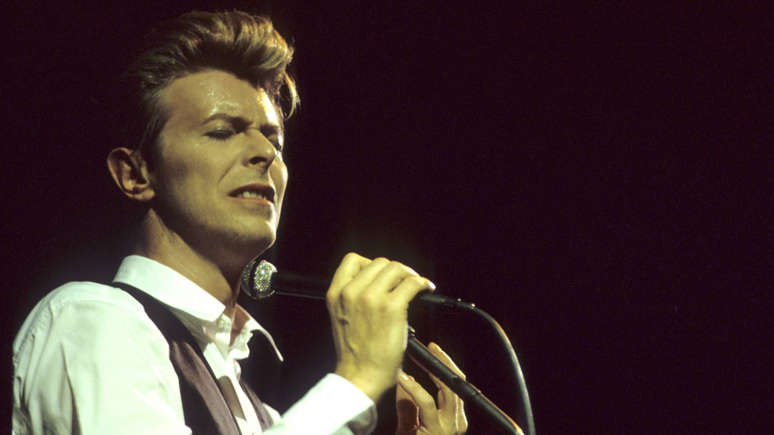
Stanley Kubrick’s 2001: A Space Odyssey was a cosmic overture, a grand cinematic ballet that launched imaginations into the inky void. Its echoes reverberated through the cultural zeitgeist, inspiring a generation of dreamers. Among them was David Bowie, whose lyrical masterpiece, Space Oddity, emerged as a poignant counterpoint to the era’s space race euphoria. Released mere days after humanity’s first moonwalk, Bowie’s song was a haunting requiem for the solitary astronaut, a melancholic descant to the triumphant symphony of Apollo 11.
A Cinematic Serenade
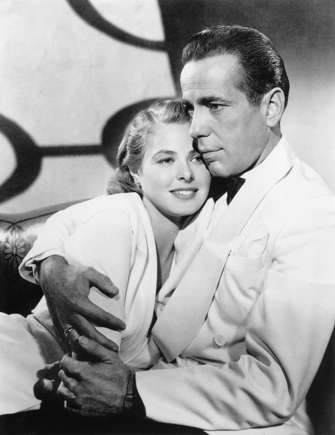
Roxy Music’s “2HB” is a noirish homage, a musical love letter to the silver screen icon, Humphrey Bogart. The band’s 1972 composition is a direct nod to the cinematic masterpiece Casablanca, with its title serving as a cryptic cipher for “To Humphrey Bogart.” This audacious act of musical idolatry is further cemented by the inclusion of iconic dialogue from the film, such as the world-renowned line, “It’s looking at you, kid.” Through this clever pastiche, Roxy Music transforms a beloved celluloid narrative into a sonic dreamscape, blurring the lines between cinema and music.
A Sonic Slaughterhouse
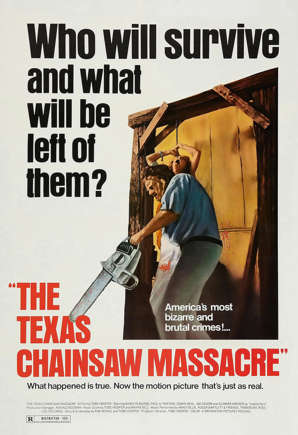
The Ramones’ “Chain Saw” is a raw, unfiltered assault on the senses, a sonic embodiment of cinematic terror. Inspired by Tobe Hooper’s seminal horror film, The Texas Chain Saw Massacre, the song is a high-octane blend of juvenile delinquency and macabre fascination. Opening with the menacing whine of a chainsaw, the track sets a chilling stage for a twisted love song, a perverse juxtaposition that mirrors the film’s blend of horror and black comedy. The Ramones transformed a cinematic nightmare into a punk rock anthem, proving that even the most extreme forms of art can share a twisted DNA.
A Sonic Battlefield
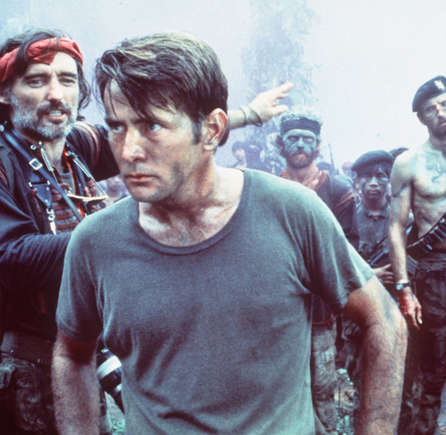
The Clash’s “Charlie Don’t Surf” is a punk rock battle cry, a sonic assault echoing the chaos and absurdity of war. Directly inspired by Francis Ford Coppola’s cinematic masterpiece, Apocalypse Now, the song borrows its title and a key lyric from the film’s infamous Colonel. By transforming this iconic line into a rebellious anthem, The Clash captured the anti-war sentiment of a generation, while simultaneously creating a raw, energetic track that remains a potent indictment of conflict.
A Sonic Reflection of Nihilism
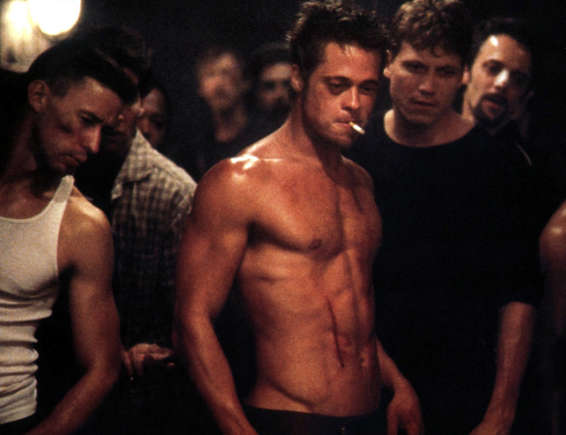
Nine Inch Nails’ “Only” is a raw, visceral exploration of identity and isolation, a sonic mirror reflecting the fractured psyche at the heart of David Fincher’s Fight Club. The collaboration between the band and the director extends beyond this single track, with their subsequent work on soundtracks for films like The Social Network cementing their status as artistic kindred spirits. The music video for “Only,” directed by Fincher himself, serves as a visual companion to the song, immersing viewers in a world of claustrophobic despair that echoes the film’s exploration of consumerism and societal decay.
A Cinematic Ode
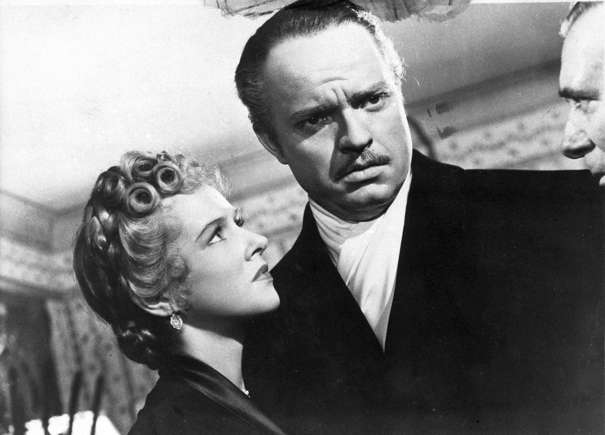
The White Stripes’ “The Union Forever” is a sonic homage to the cinematic titan, Orson Welles. A reverent nod to Welles’ magnum opus, Citizen Kane, the song weaves a tapestry of lyrical references, transforming the iconic film into a raw, blues-infused narrative. The line “Sure I’m C.F.K.” serves as an explicit acknowledgment of the film’s protagonist, Charles Foster Kane, while the song’s overall structure mirrors the film’s exploration of wealth, power, and the elusive nature of happiness. The White Stripes, with their characteristic raw energy, have crafted a musical counterpart to this cinematic masterpiece, inviting listeners to delve deeper into the complex world of Kane.
A Sonic Slasher
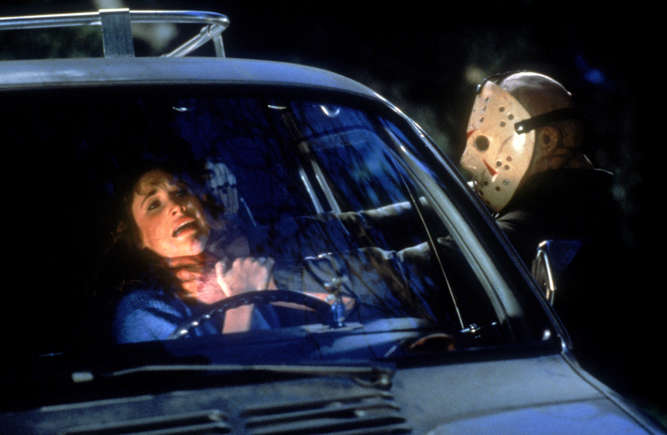
Alice Cooper’s “He’s Back (The Man Behind The Mask)” is a blood-curdling anthem, a sonic embodiment of cinematic terror. The song is a direct homage to the iconic horror franchise, Friday the 13th, with its title and lyrics serving as a chilling invocation of the infamous Jason Voorhees. Cooper’s theatrical flair and penchant for the macabre find their perfect outlet in this track, transforming the screen’s most menacing villain into a rock and roll anti-hero. The song’s driving rhythm and menacing undertones capture the relentless pursuit of the killer, creating a sonic landscape as terrifying as the film’s iconic setting.
A Gothic Ballad

Bonnie Tyler’s “Total Eclipse of the Heart” is a haunting melody that transcends time, a pop epic with roots in the darkest corners of the imagination. Originally conceived as a song for a Nosferatu musical, the track is a gothic ballad masquerading as a power ballad. Its lyrics, steeped in longing and despair, evoke the tragic romance of the undead, while its soaring chorus mirrors the overwhelming power of forbidden love. While the song ultimately found its place in the annals of pop history, its origins as a vampire love story lend it an otherworldly quality that continues to captivate audiences decades later.
A Cinematic Soundscape
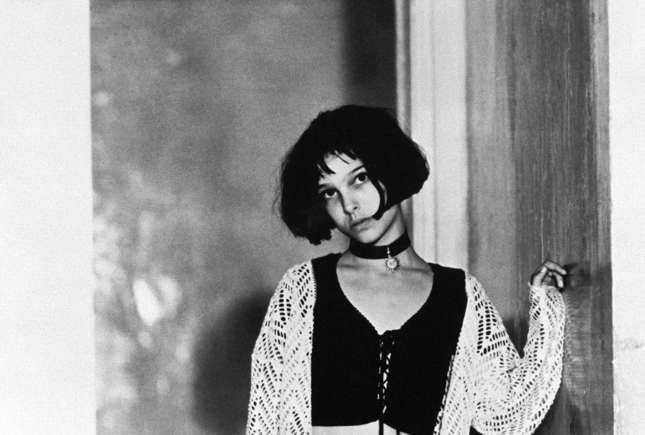
Alt-J’s “Matilda” is a haunting, ethereal composition that serves as a sonic portrait of a complex and tragic relationship. Directly inspired by Luc Besson’s Léon: The Professional, the song delves deep into the psyche of its namesake character, the young Matilda. Through its intricate melodies and enigmatic lyrics, Alt-J captures the innocence and resilience of the character, as well as the dark undercurrent of her world. The song becomes a poignant soundtrack to the film’s exploration of isolation, loss, and the unlikely bond between two damaged souls.
A Cinematic Walk This Way
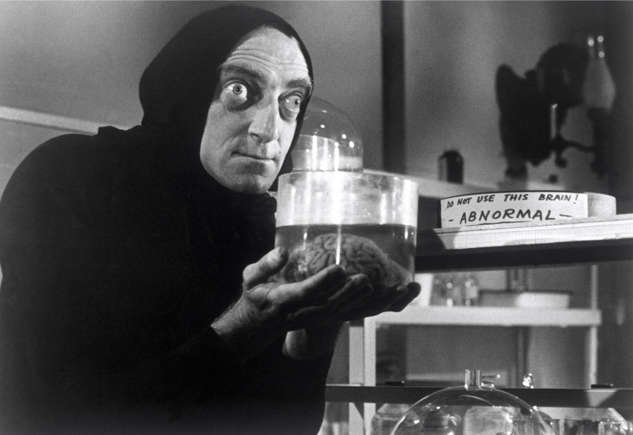
Aerosmith’s “Walk This Way” is a high-energy anthem that owes its iconic status in part to its cinematic inspiration. The song’s title and overall vibe are a direct homage to Mel Brooks’ comedic masterpiece, Young Frankenstein. The band’s journey to see the film, coupled with the memorable line “Walk this way,” delivered by the hunchbacked Igor, ignited the spark for this rock and roll classic. Through its infectious rhythm and rebellious spirit, “Walk This Way” captures the essence of a generation while paying tribute to a cinematic comedy goldmine.

